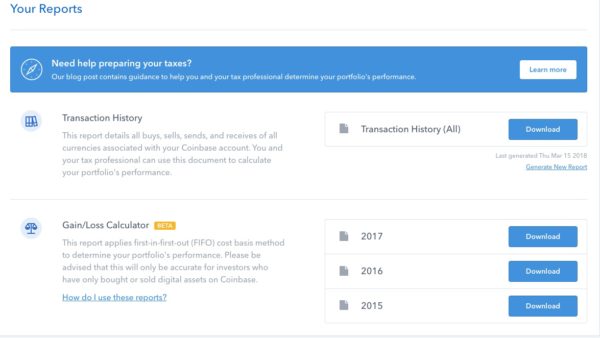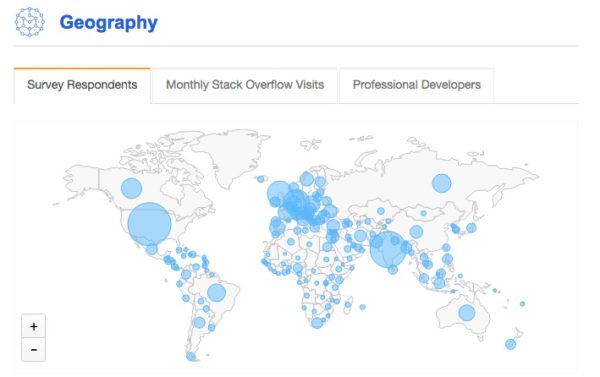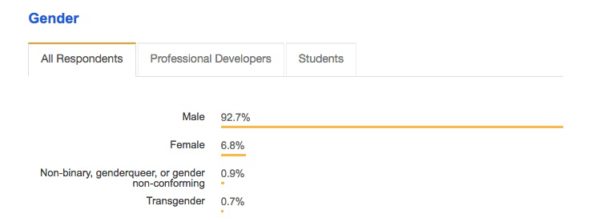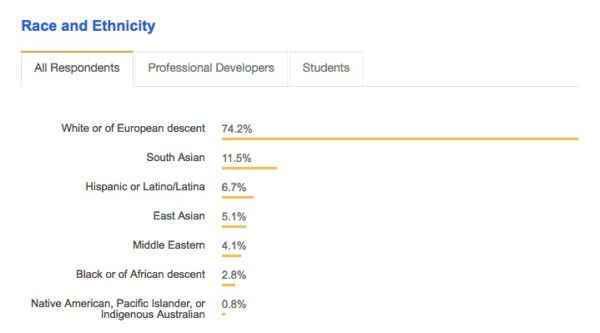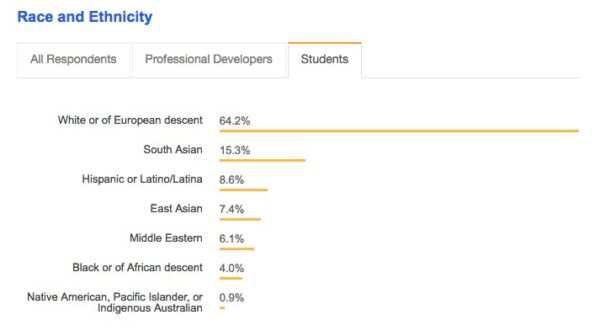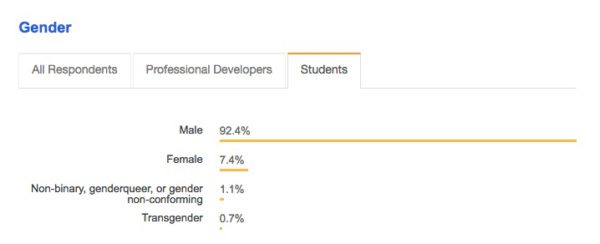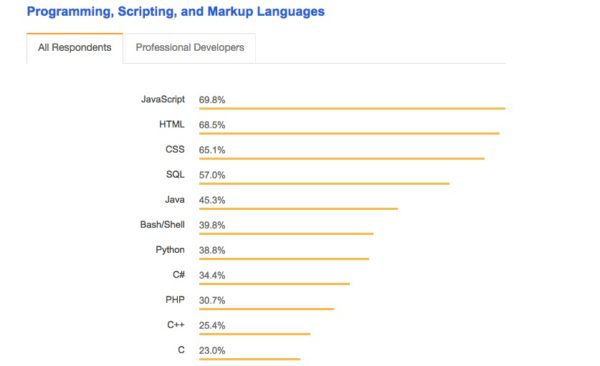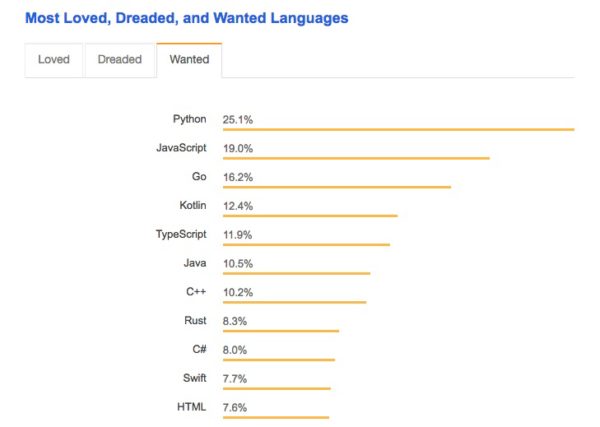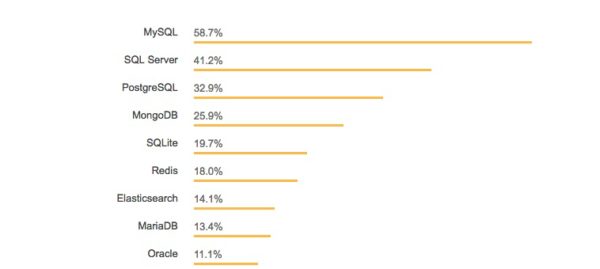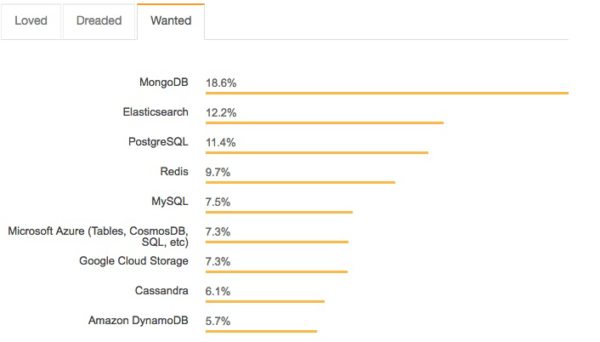First On SoundCloud
Our portfolio company SoundCloud is the first place most musical artists post their music, the first place most musical artists are offered an opportunity to monetize their music, and the first place most listeners discover new artists and their music.
To celebrate that, SoundCloud is launching the First On SoundCloud campaign:
“First On SoundCloud” kicks off with SoundCloud’s first-ever creator advertising campaign spotlighting 10 groundbreaking artists from across SoundCloud’s global community. Spanning hip hop, electronic and pop, these artists represent the more than 10 million creators heard on SoundCloud every month, and the accelerating global shift toward creators building their sound, their audiences, and their careers directly online.
But there is more. Because SoundCloud is for all artists, there is an opportunity for everyone to participate:
Alongside these featured artists, we’re also giving all creators the opportunity to upload and be heard as part of “First on SoundCloud”. Beginning today, you can upload an original track to SoundCloud and tag it #SCFIRST, for a chance to be promoted across SoundCloud, including:
“First On SoundCloud” playlist: Creators uploading their latest tracks to SoundCloud with the tag #SCFIRST will be considered for inclusion in the “First On SoundCloud” playlist on SoundCloud’s homescreen, giving them global exposure to new fans, plays, likes and follows.
#SCFIRST on social: After uploading a track to SoundCloud with the tag #SCFIRST, creators can use SoundCloud’s seamless Twitter integration to immediately tweet their track with the #SCFIRST hashtag. SoundCloud will be randomly selecting creator tweets and tracks to promote to its millions of social followers.
Fast track consideration for monetization in SoundCloud Premier: Creators uploading content with the tag #SCFIRST will also be reviewed for inclusion in the SoundCloud Premier monetization program which offers creators a leading revenue share and additional promotional resources from SoundCloud.
#SCFIRST in SoundCloud newsletters and blog: SoundCloud will also randomly choose creators who upload their tracks using #SCFIRST for spotlights in SoundCloud’s newsletters and blog posts.
Every day, almost 200,000 tracks are uploaded to SoundCloud, close to 10x any other music streaming service.
So when you upload your next track to SoundCloud, tag it with #SCFIRST, and participate in this campaign.

